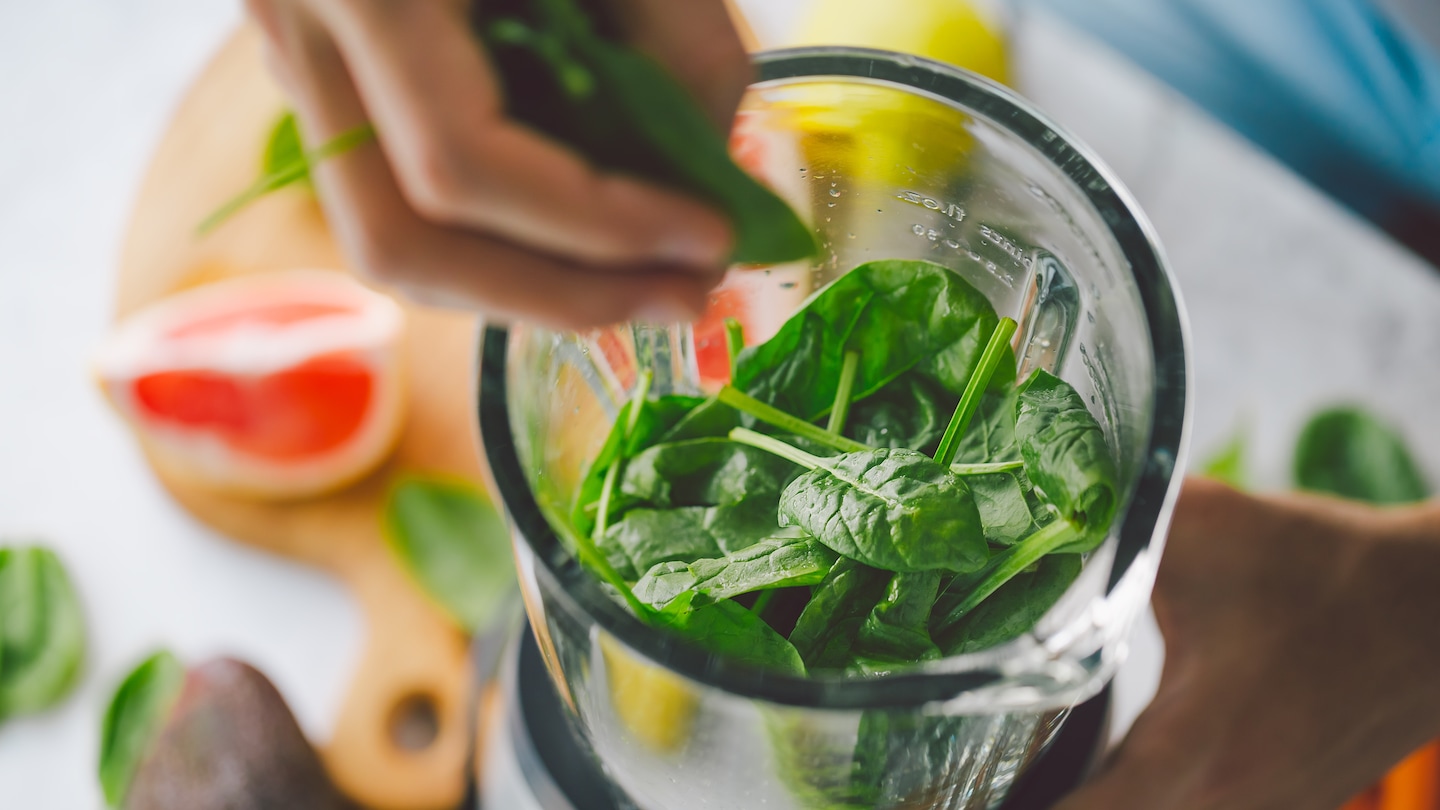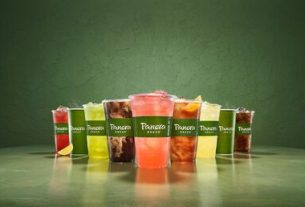More than 114 people in Australia across four states reported adverse side effects after eating the affected spinach items, according to a Washington Post tally of state figures on Sunday. Health officials warned consumers not to eat the recalled spinach products, which can cause symptoms including delirium, confusion, hallucinations, dilated pupils, rapid heartbeat, flushed face, blurred vision, and dry mouth and skin. Authorities in Victoria state said clinical symptoms also included slurred speech, nausea and vomiting.
“I feel like my body was moving when it is not,” said Pratima Kafle, 30, who said she hallucinated, felt confused and experienced full-body numbness after consuming a seven-ounce cooked serving of the leaf Tuesday.
Kafle said her symptoms began around 10 to 15 minutes after she ate the spinach, which she purchased at a Costco in Australia’s capital, Canberra. “I feel dizzy, need someone to hold me to stand and support me to walk,” she recalled, adding that she was unable to drink a glass of water without spilling it and at one point fell on the floor thinking she was in bed.
“For that moment, I feel that I had some kind of medication which makes your body numb and you can’t feel anything,” she added, reporting other temporary symptoms, including dry mouth, blurred vision and difficulty breathing. “Weird feelings. Sounds funny, but it was not,” she said.
Health officials in Victoria state said symptoms typically occurred “within hours” of consuming the contaminated spinach but did not report how long they last.
Darren Roberts, medical director of New South Wales’s Poisons Information Center told the Sydney Morning Herald that some patients were still sick more than 24 hours after the onset of the their symptoms, adding: “The patients that have been quite unwell have been to the point of marked hallucinations where they are seeing things that aren’t there.”
It was not immediately clear from which farm the spinach product consumed by Kafle and other affected people originated, but Food Standards Australia New Zealand, which is coordinating the recall, said in a statement posted to its website that “it is likely there is one source of the contamination.” The strain of the contaminant plant, which was sent to laboratories for testing, has not been publicly identified by health authorities.
Health officials identified 13 spinach products — sold under four brands — that consumers were advised not to eat and return to their place of purchase for a full refund. Potentially unsafe products include Woolworth’s Chicken Cobb Salad and Coles Kitchen Smokey Mexican Salad marked with specific “use by” dates, food health agents warned.
According to a statement from Riviera Farms, a spinach grower affected by the recall, the contaminated vegetables were grown on a farm in Victoria state where they appeared “to have been contaminated with a weed which can have health consequences if consumed.”
Riviera Farms said it had informed customers in its supply chain of the recall. “Riviera Farms can confirm that on Thursday and Friday we contacted all 20 of our baby spinach customers via phone, in writing, or both,” a spokesperson said in a Saturday statement posted on its website.
Food Recall – Riviera Fresh Pty Ltd is recalling Riviera Farms Baby Spinach 350g and 1kg (All Use By dates from 16 Dec 2022 up to and including 28 Dec 2022) due to potential contamination with unsafe plant material. See our website: https://t.co/WtT7u4n2k8 pic.twitter.com/v0l2o81bX6
— FoodStandardsAusNZ (@FSANZnews) December 16, 2022
The majority of reported cases were in the state of New South Wales, where health officials said in a Saturday statement that 88 people had reported symptoms after eating the baby spinach, including at least 33 who had sought medical attention. In Queensland, 26 people had reported symptoms to the state poison center by Sunday.
In Victoria, health officials said the clinical symptoms presented by consumers of the spinach products were suggestive of anticholinergic syndrome.
According to clinical guidelines published by the Royal Children’s Hospital Melbourne, the syndrome can be triggered through the accidental ingestion of anticholinergic agents, including deadly nightshade (Atropa belladonna), jimson weed, Mandrake root, lupin beans and angel’s trumpet.



